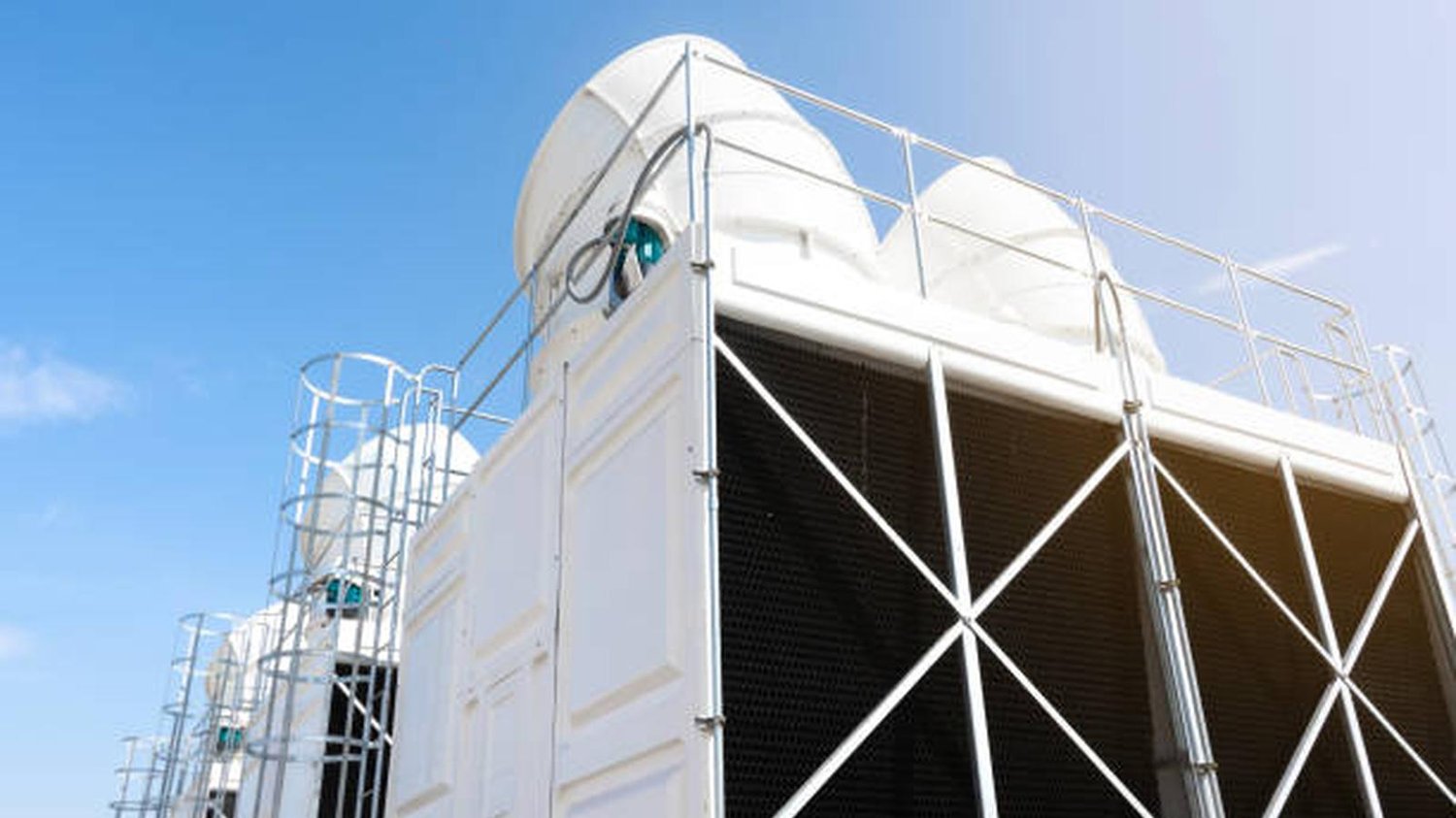Introduction:
Cooling is an essential process in many industrial applications, and cooling towers are commonly used for this purpose. However, traditional open cooling towers can be inefficient and pose environmental risks. Closed cooling towers offer a more efficient and eco-friendly alternative. This article will explore the benefits of closed cooling towers for industrial cooling and their advantages over open cooling towers.
What is a Closed Cooling Tower?
A closed cooling tower is a heat exchange system that uses a closed-loop process to cool water. It is designed to conserve water and reduce environmental pollution. In a closed cooling tower system, water circulates through a closed loop, which contains a heat exchanger and a cooling tower. The water is cooled by an external source, such as air or water, and then circulates back into the system.
Closed Cooling Tower vs. Open Cooling Tower:
The main difference between a closed cooling tower and an open cooling tower is the way they operate. Open cooling towers use an open-loop process, which means that they use water from an external source to cool the process water. The process water is then discharged as waste. This results in a high demand for fresh water and the potential for environmental pollution.
On the other hand, closed cooling towers use a closed-loop process, which means that the process water is circulated through the system and cooled by an external source. This eliminates the need for fresh water and reduces the risk of environmental pollution. Closed cooling towers are also more efficient than open cooling towers because they use less energy and require less maintenance.
Benefits of Closed Cooling Towers:
1. Water Conservation: Closed cooling towers use a closed-loop process, which means that they do not require a constant supply of fresh water. This conserves water and reduces water usage and costs.
2. Energy Efficiency: Closed cooling towers are more energy-efficient than open cooling towers because they use less energy to cool the process water. This results in lower energy costs and reduced greenhouse gas emissions.
3. Reduced Maintenance: Closed cooling towers require less maintenance than open cooling towers because they do not require regular cleaning and maintenance to prevent algae growth and other environmental issues.
4. Increased Safety: Closed cooling towers are safer than open cooling towers because they eliminate the risk of exposure to harmful chemicals and other contaminants.
Conclusion:
In conclusion, closed cooling towers offer a more efficient and eco-friendly alternative to traditional open cooling towers. They conserve water, reduce energy usage and costs, require less maintenance, and are safer for the environment and workers. If you are looking for a reliable and sustainable cooling solution for your industrial application, consider a closed cooling tower.
The Benefits of Closed Cooling Towers for Efficient Industrial Cooling
3 minutes
